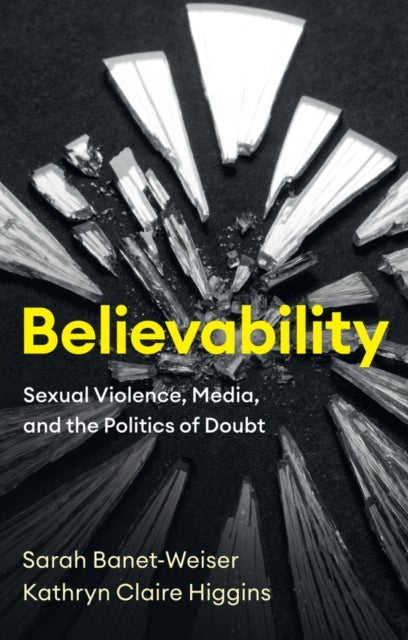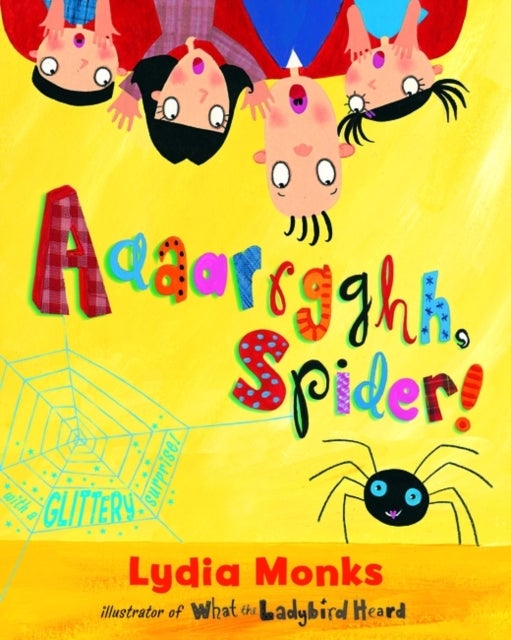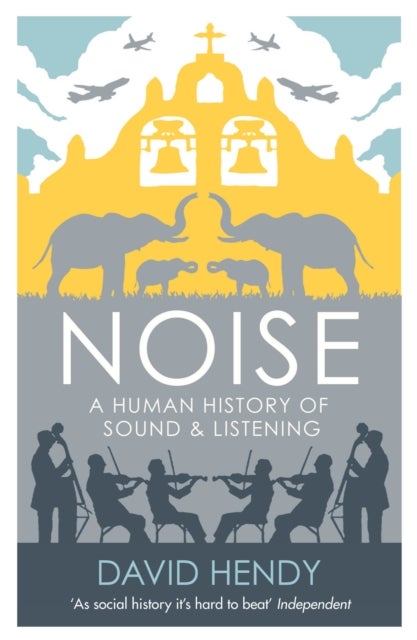
Believability av Sarah Banet-Weiser, Kathryn Claire Higgins
229,-
The #MeToo movement has created more opportunities for women to speak up about sexual assault and harassment. But we are also living in a time when ¿fake news¿ and ¿alternative facts¿ call into question the very nature of truth. For questions about sexual violence, who do we believe and why? And how do the answers change when the very idea of ¿truth¿ is in question?<br/><br/>This troubling paradox is at the heart of this book. The convergence of the #MeToo movement and the crisis of post-truth is used to explore the experiences of women and people of color whose credibility around issues of sexual violence is often in doubt. Offering a feminist re-thinking of ¿post-truth¿, Banet-Weiser and Higgins shift the lens from truth to ¿believability¿ to investigate how the gendered and racialized logics of this concept are defined and contested within media culture. Drawing on analysis of a wide variety of media texts and products including film, news articles, social media campaigns, and wea








